Mamadou Diabaté est né en 1975 à Kita, une un des hauts lieux de la culture mandingue. Issu d’une célèbre famille de griots, Mamadou Diabaté est le fils du joueur de kora Mamadou Djelimory alias N’fa Diabaté, membre de l’Ensemble Instrumental du Mali. Ce dernier lui enseigne les secrets de la kora et Mamadou Diabaté se produit quelques années plus tard dans les mariages et les baptêmes de toute la région. A quinze ans, il remporte le premier prix de kora lors d’un concours régional et devient rapidement une célébrité locale. L’année suivante, il se rend à Bamako, et sous la tutelle de son célèbre jeu cousin kora, Toumani Diabaté, il acommence à tourner dans le circuit des jelis, accompagnant les chanteurs lors des mariages et des baptêmes du quartier et animant les soirées de l’hôtel Amitié. Il est bientôt surnommé «~Djelika Djan~» («~grand Griot~»), par son cousin en référence à son impressionnante stature physique, un nom qui va lui rester.
En 1996, il se rend aux Etats-Unis à l’occasion d’une tournée de l’ensemble instrumental du Mali et s’installe à New-York. Invité aux concerts de nombreuses stars maliennes (Ami Koita, Tata Bambo Kouyaté, Kandia Kouyate, Babani Koné), il se produit à l’ONU, au Lincoln Center, au Metropolitan Museum et au Smithsonian Institute de Washington. Il explore également de nouveaux univers musicaux, croisant les notes avec les jazzmen Donald Byrd et Randy Weston, le légendaire musicien Zimbabwéen Thomas Mapfumo les maîtres du blues Eric Bibb et Guy Davis. Il a depuis multiplié les collaborations avec des artistes comme la soliste irlandaise Susan McKeown, le bassiste de jazz Ben Allison, la chanteuse béninoise Angélique Kidjo.
Mamadou a suivi en outre les conseils de son père qui lui a conseillé d’écouter les koraistes virtuoses de tout l’empire Mandingue, de respecter le jeu classique tout en développant sa propre technique. Il a été nominé aux Grammy Awards en 2007.
Source : http://www.mamadoukora.com Mamadou Diabate was born in 1975 in Kita, a Malian city long known as a center for the arts and culture of the Manding people of West Africa. As the name Diabate indicates, Mamadou comes from a family of griots, or jelis as they are known among the Manding. Jelis are more than just traditional musicians. They use music and sometimes oratory to preserve and sustain people’s consciousness of the past, a past that stretches back to the 13th century when the Manding king Sunjata Keita consolidated the vast Empire of Mali, covering much of West Africa. The stories of these glory days and the times since remain important touchstones for people today, not only for the Manding, but for many citizens of Mali, Guinea, Gambia, and Senegal. So to be born to a distinguished jeli family in Kita is already an auspicious beginning.
Mamadou’s father Djelimory played the kora, the jeli’s venerable 21-string harp. He was widely known as N’fa Diabate, performing in the Instrumental Ensemble of Mali and recording on the National Radio of Mali. At the age of four, Mamadou went to live with his father in Bamako, where the Ensemble was based. When it came time for him to return to Kita and go to school, Mamadou knew that the kora was his destiny. His father had taught him how to play the instrument, and from there he listened and watched and devoted himself to practicing the kora, to the point that his mother worried that he was not concentrating enough on school. When she took it away, it only reduced his interest in studying, and he quickly resorted to making his own kora so he could continue.
Before long, Mamadou left school and began playing kora for local jeli singers, and traveling throughout the region to play at the ceremonies where modern jelis ply their trade, mostly weddings and baptisms. When he was fifteen, Mamadou won first prize for his kora playing in a regional competition and instantly became something of a local celebrity. The next year, he went to Bamako, and under the tutelage of his famous kora playing cousin, Toumani Diabate, he worked the jeli circuit, backing singers at neighborhood weddings and baptisms and entertaining the powerful at the city’s posh Amitié Hotel. Toumani gave his cousin the nickname « Djelika Djan » meaning « Tall Griot, » a reference to Mamadou’s impressive physical stature. The name has stuck.
In 1996, a touring group from the Instrumental Ensemble of Mali offered Mamadou the chance to travel to the United States with a group of Manding musicians and cultural authorities. Following a successful tour, Mamadou decided to continue his work in the United States and, since then, he’s made his home in and around New York. Mamadou gets frequent invitations to perform with visiting Malian stars including Ami Koita, Tata Bambo Kouyate, Kandia Kouyate, and Babani Koné. He has performed at the United Nations, Lincoln Center, the Metropolitan Museum, and at the Smithsonian Institute in Washington. In addition, he’s delved into uncharted waters, jamming with all manner of expert musicians, including jazz luminaries Donald Byrd and Randy Weston, Zimbabwean legend Thomas Mapfumo, and blues masters Eric Bibb and Guy Davis. Mamadou’s recording credits have expanded as he has laid tracks with artists ranging from Irish soloist Susan McKeown, jazz bassist Ben Allison, and Benin’s celebrated Angélique Kidjo.
Mamadou says that his father advised him to listen to all the best kora players and to learn from each one. The kora itself came to Mali from Gabu, the region centered between Gambia, Senegal, and Guinea Bissau, and the Malian kora tradition has always put a premium on holding onto the old ways while constantly innovating and developing the art.

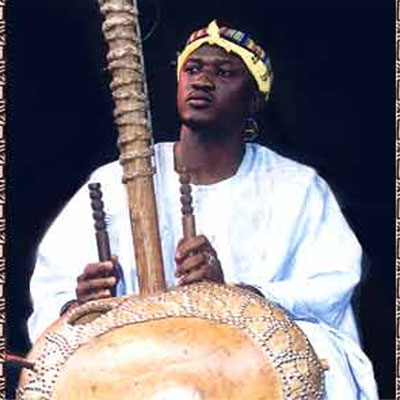

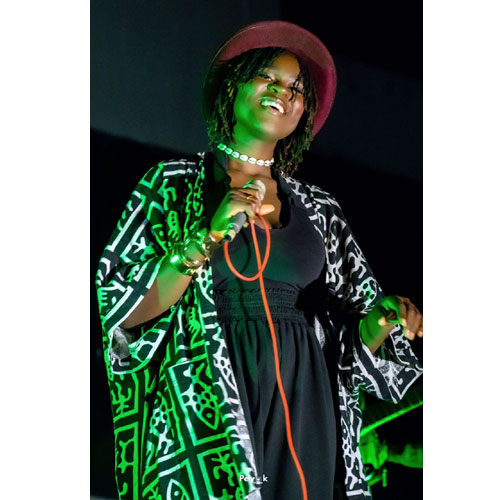
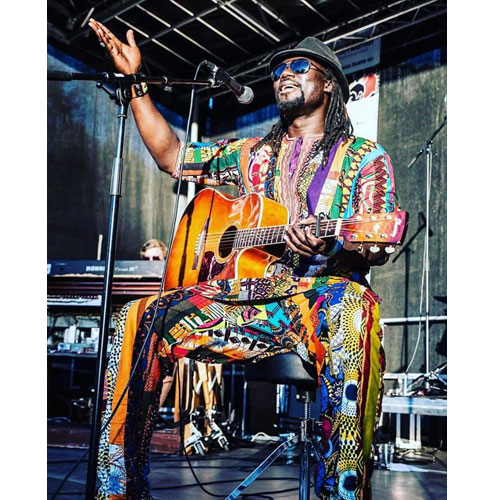
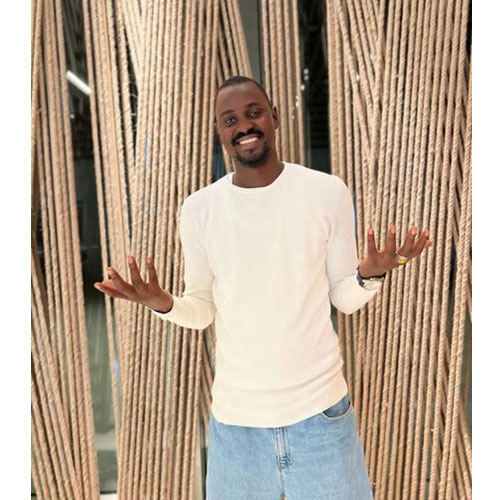
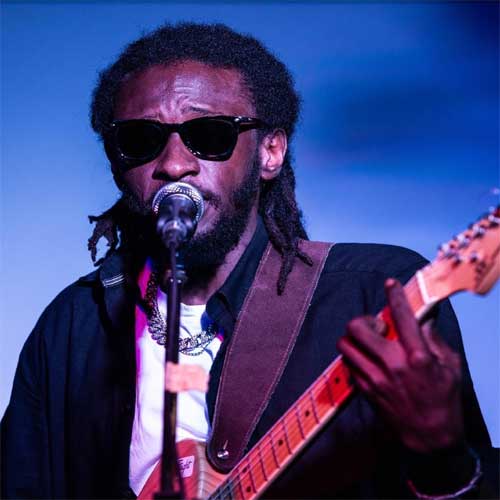
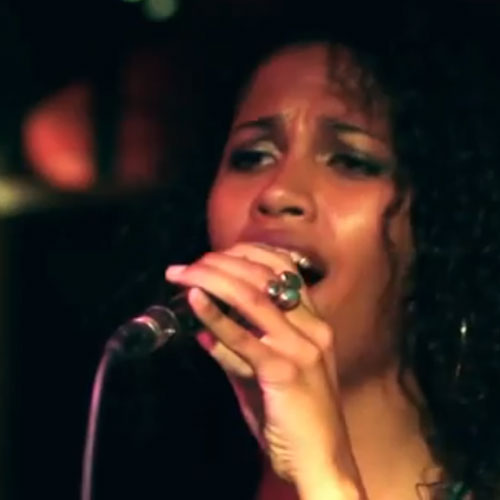
Laissez un commentaire
Vous devez être logged in pour poster un commentaire.